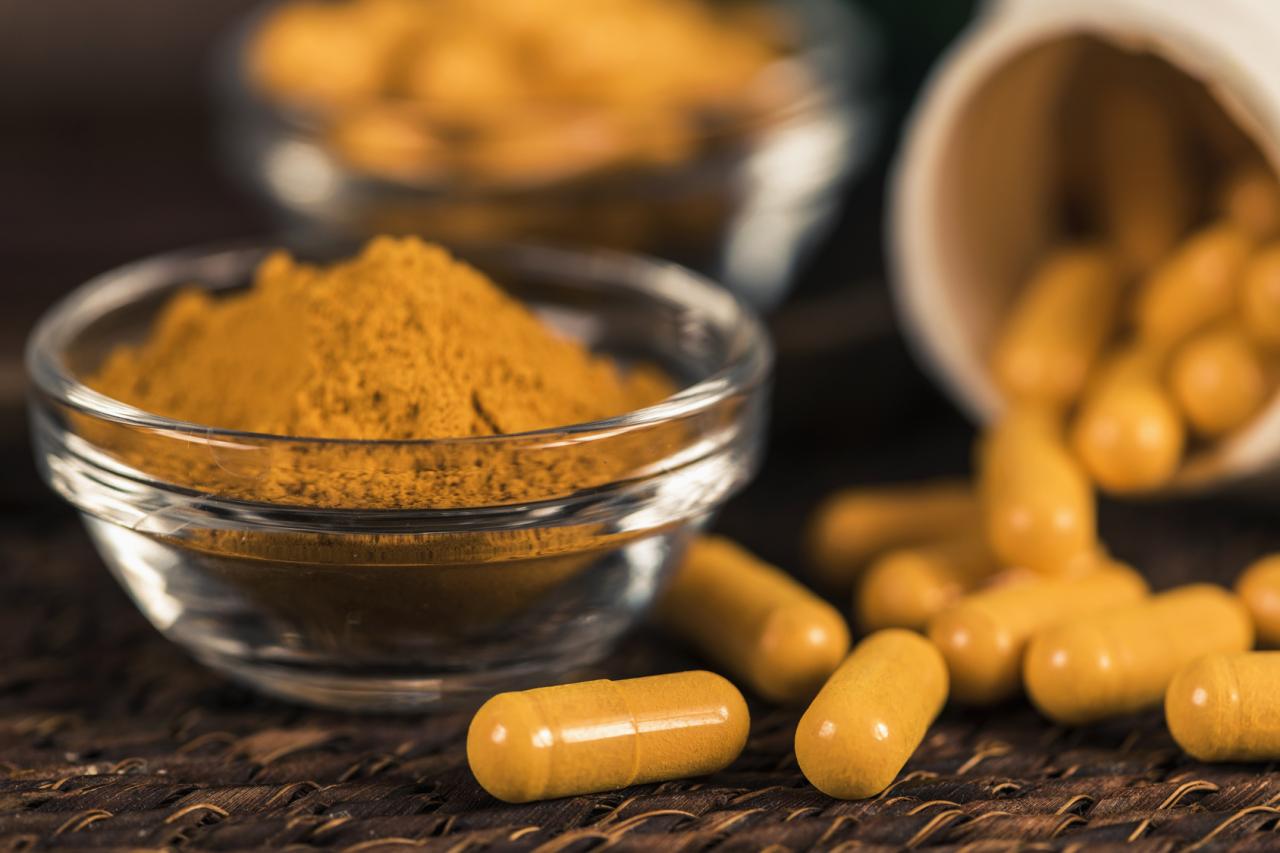 Photo: Getty Images
Photo: Getty Images
When Christopher Columbus “discovered” red chili peppers in the New World during the 15th century, the pungent fruit already had a long and distinguished history.
University of Missouri-Columbia and Smithsonian Institute researchers found fossil evidence in 2007 suggesting that people were eating chili peppers as long as 6,000 years ago, making chili peppers one of the oldest domesticated food sources in the Americas. As Columbus found, chili peppers were already being used as remedies for diarrhea, cramps, flatulence, seasickness, malarial fevers and blood clotting reduction.
In addition to pleasing ancient and modern palates, chili peppers are a good source of vitamins A, C and E, rich in folic acid and potassium, low in calories and sodium, and contain no carbohydrates, according to Chemical & Engineering News Magazine.
Given its history, it’s easy to understand why modern researchers are fired up about this ancient food's health benefits. While the jury is still out—to date, researchers have only scratched the surface — there seems to be good news associated with eating chili peppers or chili-pepper-based sauces for your overall health.
- Eating chili peppers may help stimulate weight loss and fight fat buildup by triggering certain beneficial protein changes in the body. Dr. Jong Won Yun and colleagues at Daegu University in Korea found in laboratory tests that capsaicin, the stuff that gives chili peppers their kick, may help fight obesity by decreasing calorie intake, shrinking fat tissue, and lowering fat levels in the blood. However, it is still unknown exactly how capsaicin triggers such benefits.
- Capsaicin also has cancer-fighting properties that prevent or slows the growth of human pancreatic cancer tumors implanted in mice. Sanjay K. Srivastava, Ph.D., lead investigator and assistant professor of pharmacology at the University of Pittsburgh School of Medicine, found capsaicin to be a potent anticancer agent that caused pancreatic cancer cells to become suicidal through a process called apoptosis. The research showed capsaicin significantly reduced the size of the tumors without damaging normal pancreatic cells.
- A similar study conducted by researchers from Samuel Oschin Comprehensive Cancer Institute at Cedars-Sinai Medical Center, in collaboration with colleagues from UCLA, found capsaicin caused about 80 percent of human prostate cancer cells implanted in mice to die off thus “freezing” the size of the tumors at about one-fifth the size of tumors found in mice not given a pepper abstract. Treatment mice were fed a dose of pepper sauce equivalent to a 200-pound man eating three to eight fresh habañera peppers (400 milligrams of capsaicin) three times a week. The hot pepper sauce also reduced cancer cell production of PSA, a protein that often is produced in high quantities by prostate tumors and can signal the presence of prostate cancer in men.
- Nicholas Perricone, M.D, a frequent guest on the Oprah Winfrey Show, calls chili peppers "superfoods," effective for relieving and preventing cluster headaches, migraine headaches, and sinus headaches. He says clinical studies have shown that capsaicin reduces pain and swelling caused by substance P, the key transmitter of pain to the brain throughout the trigeminal nerve, running through the head, temple, and sinus cavity. Capsaicin found in chili peppers also possesses powerful antibacterial properties that are very effective in fighting and preventing chronic sinus infections (sinusitis).
Not a fan of the burn? Chemical & Engineering News magazine reported eating something cold, sweet and flavored with chocolate, vanilla, or strawberry—but never alcoholic— with your peppers can help put out that fire.
Lynette Summerill is an award-winning writer who lives in Scottsdale, Arizona. In addition to writing about cancer-related issues for EmpowHER, her work has been seen in newspapers and magazines around the world.






Add a CommentComments
There are no comments yet. Be the first one and get the conversation started!